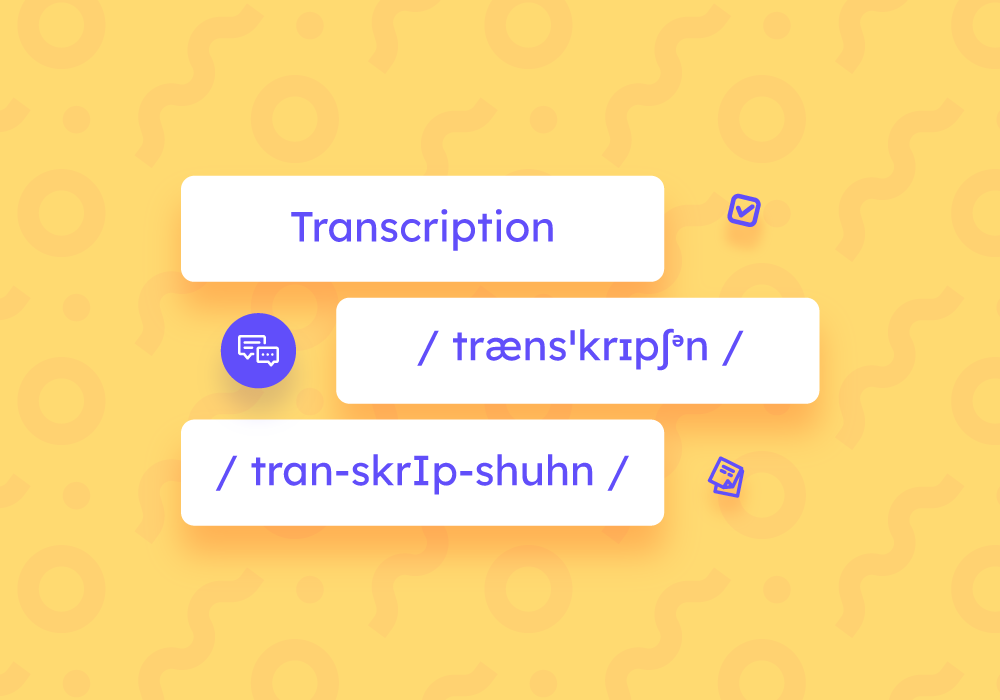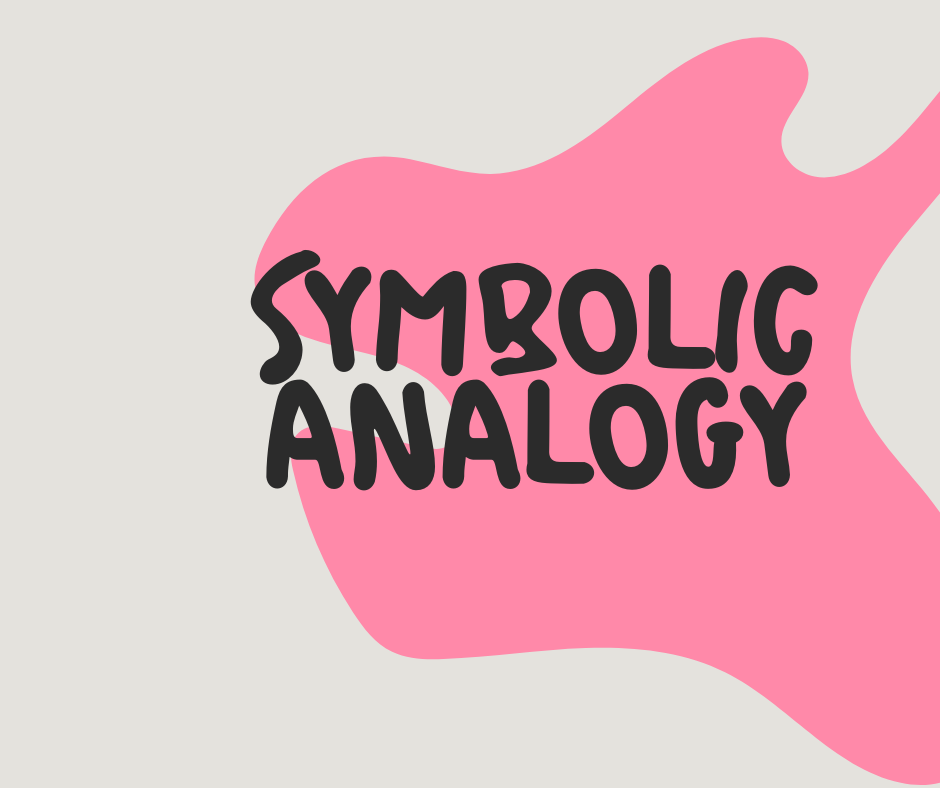Education
What is Teacher Certification or Teacher Licensure?
Teacher certification or licensure is the process by which individuals are officially recognized and authorized to teach in public schools. Requirements vary by country and state but generally include: Completion of a bachelor’s degree Successful completion of a teacher preparation program Passing standardized tests (e.g., Praxis exams in the U.S.) Background checks and character evaluations […]
Education
What is Task Analysis?
Task analysis is a systematic method of breaking down complex tasks or processes into smaller, more manageable components. It’s widely used in instructional design, cognitive psychology, and human factors engineering. The process typically involves: Identifying the main task Breaking it down into subtasks Determining the knowledge, skills, and abilities required for each subtask Identifying potential […]
Education
What is Talent Development?
Talent development refers to the process of identifying, nurturing, and enhancing an individual’s natural abilities, skills, and potential. In educational and organizational contexts, it involves creating opportunities and environments that foster growth and excellence. Talent development programs often include: Early identification of gifted individuals Personalized learning plans Mentorship and coaching Advanced coursework or specialized training […]
Education
Talent Development
Talent development is a comprehensive approach to nurturing and maximizing individual potential in various domains, including education, sports, arts, and professional settings. It involves identifying, cultivating, and enhancing specific abilities or aptitudes to achieve excellence. Key aspects of talent development: Early identification of potential and aptitudes Personalized learning and training programs Provision of challenging opportunities […]
Education
Systematically Planned
A systematically planned approach in education refers to a deliberate, organized method of designing and implementing instructional strategies, curricula, or educational programs. This approach emphasizes careful preparation, logical progression, and continuous evaluation to achieve specific learning objectives. Key characteristics of systematically planned education: Clear definition of learning goals and objectives Structured sequence of learning activities […]
Education
Systematic Transcription
Systematic transcription is a methodical approach to converting spoken language or audio recordings into written text. This process is crucial in various fields, including linguistics, qualitative research, and speech therapy. It involves not only capturing the words spoken but also noting relevant non-verbal cues, pauses, and other contextual information. Key elements of systematic transcription: Verbatim […]
Education
Synthesizing
Synthesizing is a higher-order cognitive skill that involves combining various pieces of information, ideas, or concepts to create a new, cohesive whole. This process goes beyond mere summarizing or comparing; it requires the ability to integrate diverse elements and generate original insights or solutions. Key aspects of synthesizing: Identifying connections between different ideas or sources […]
Education
Syntax
In linguistics and language education, syntax refers to the set of rules governing the structure of sentences in a language. It deals with how words and phrases are arranged to create meaningful expressions and convey complex ideas. Key elements of syntax include: Word order (e.g., subject-verb-object in English) Phrase and clause structure Agreement between sentence […]
Education
Synchronous E-Learning
Synchronous e-learning refers to a form of online education where learners and instructors interact in real-time, despite being physically separated. This approach leverages technology to create a virtual classroom environment, allowing for immediate feedback, discussion, and collaboration. Key features of synchronous e-learning: Real-time interaction between participants Live video or audio conferencing Instant messaging and chat […]
Education
Symbolic Analogy
Symbolic analogy is a cognitive process and problem-solving technique that involves drawing parallels between seemingly unrelated concepts or situations. This approach uses symbols or abstract representations to highlight similarities in structure or function between different domains. Key aspects of symbolic analogy: Identification of shared attributes or relationships Transfer of knowledge from a familiar domain to […]














